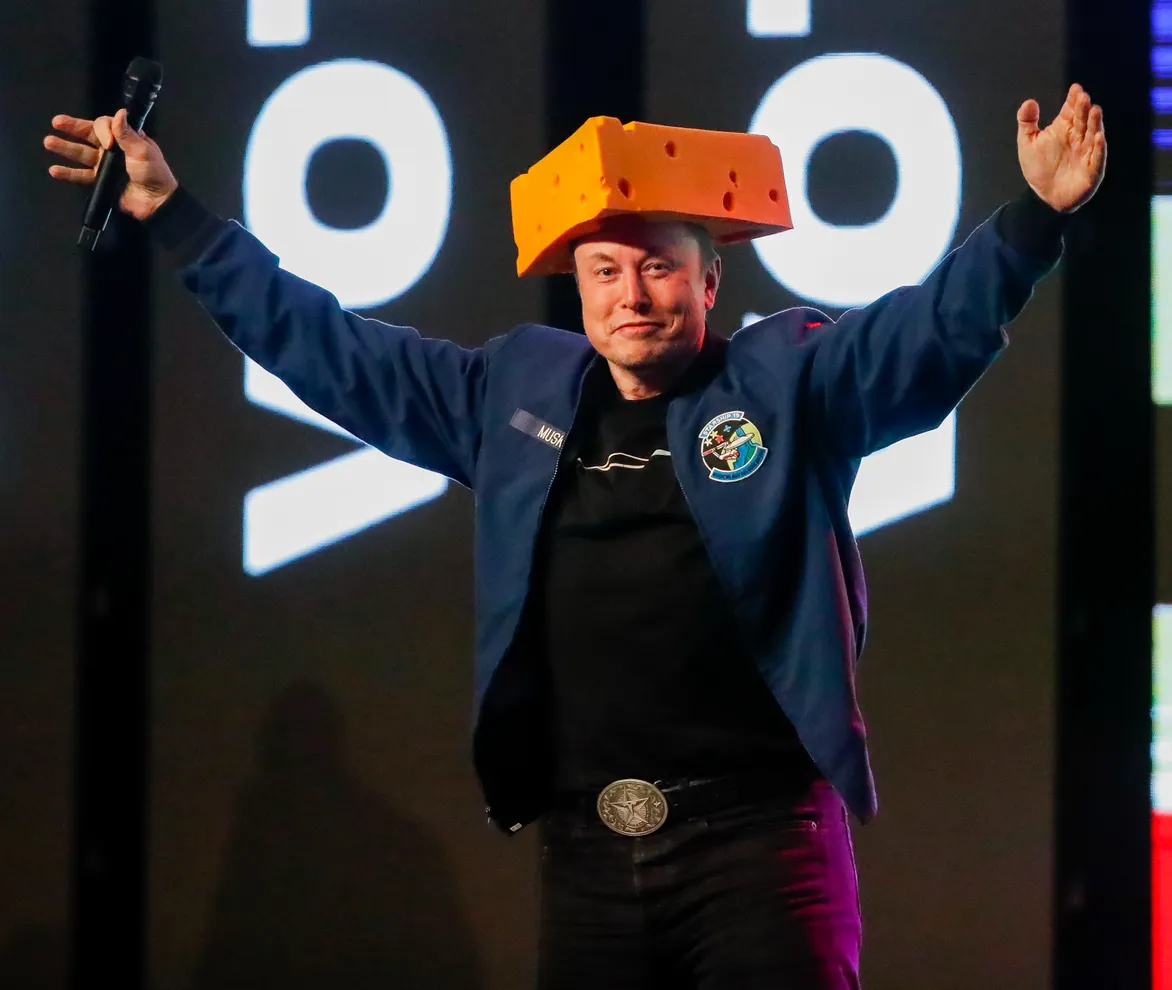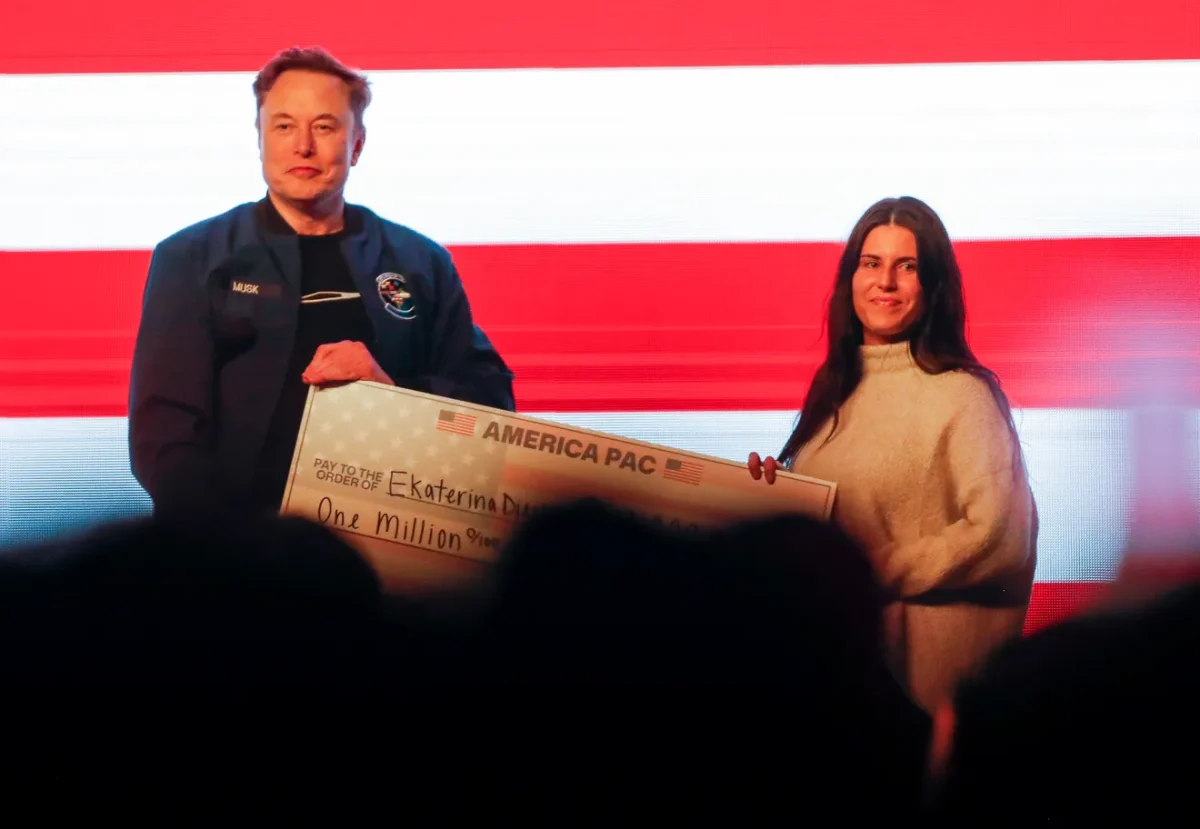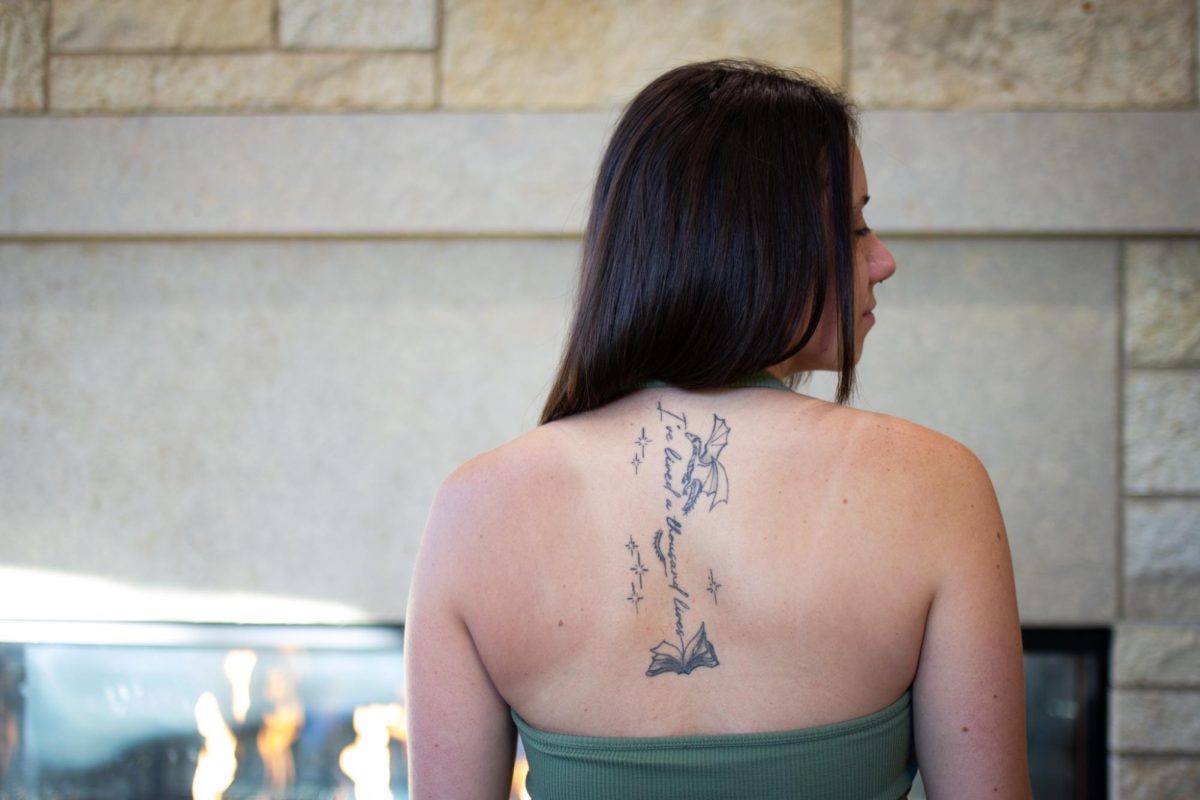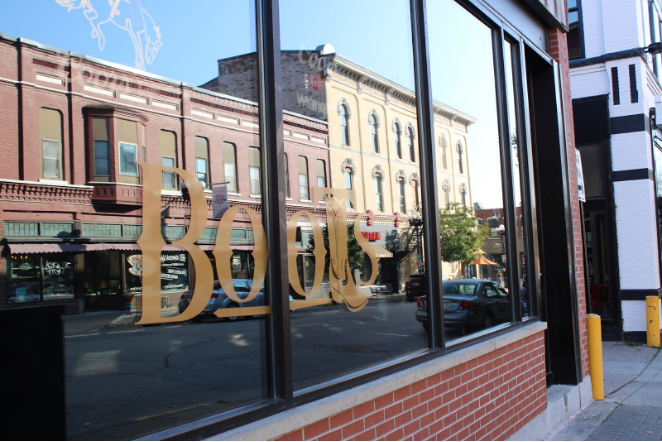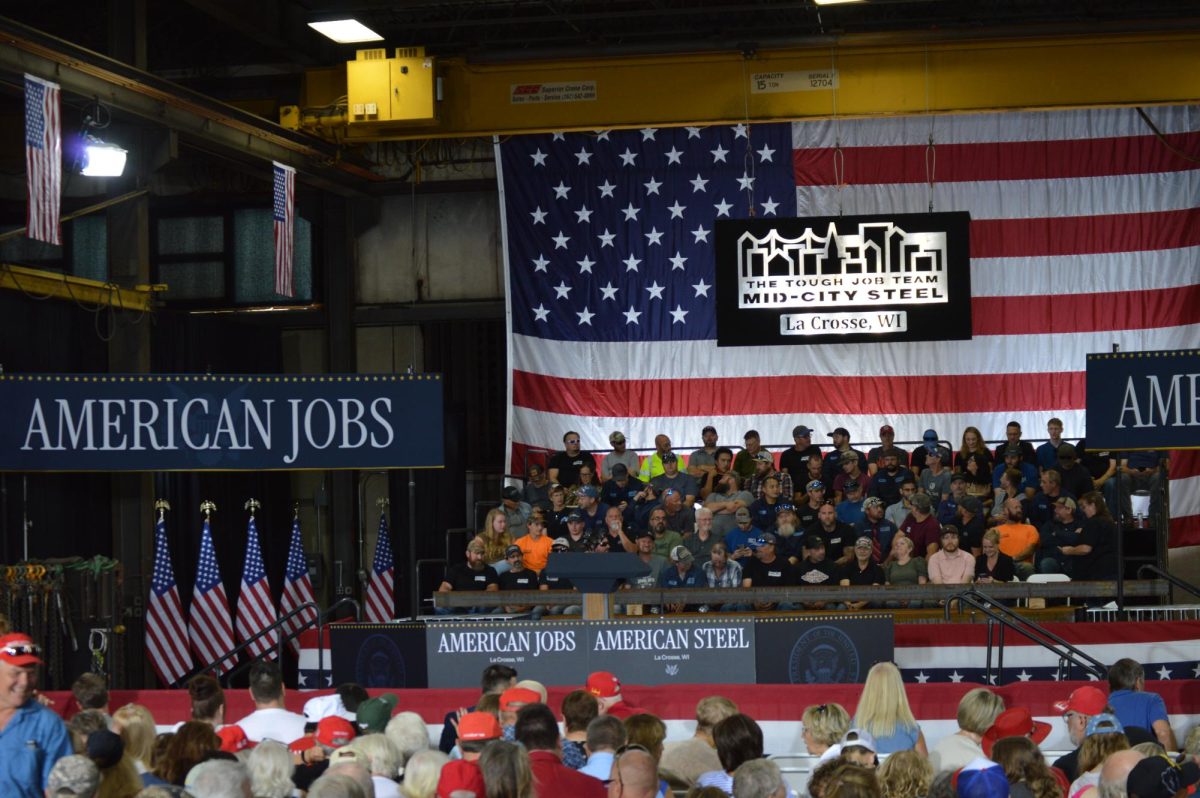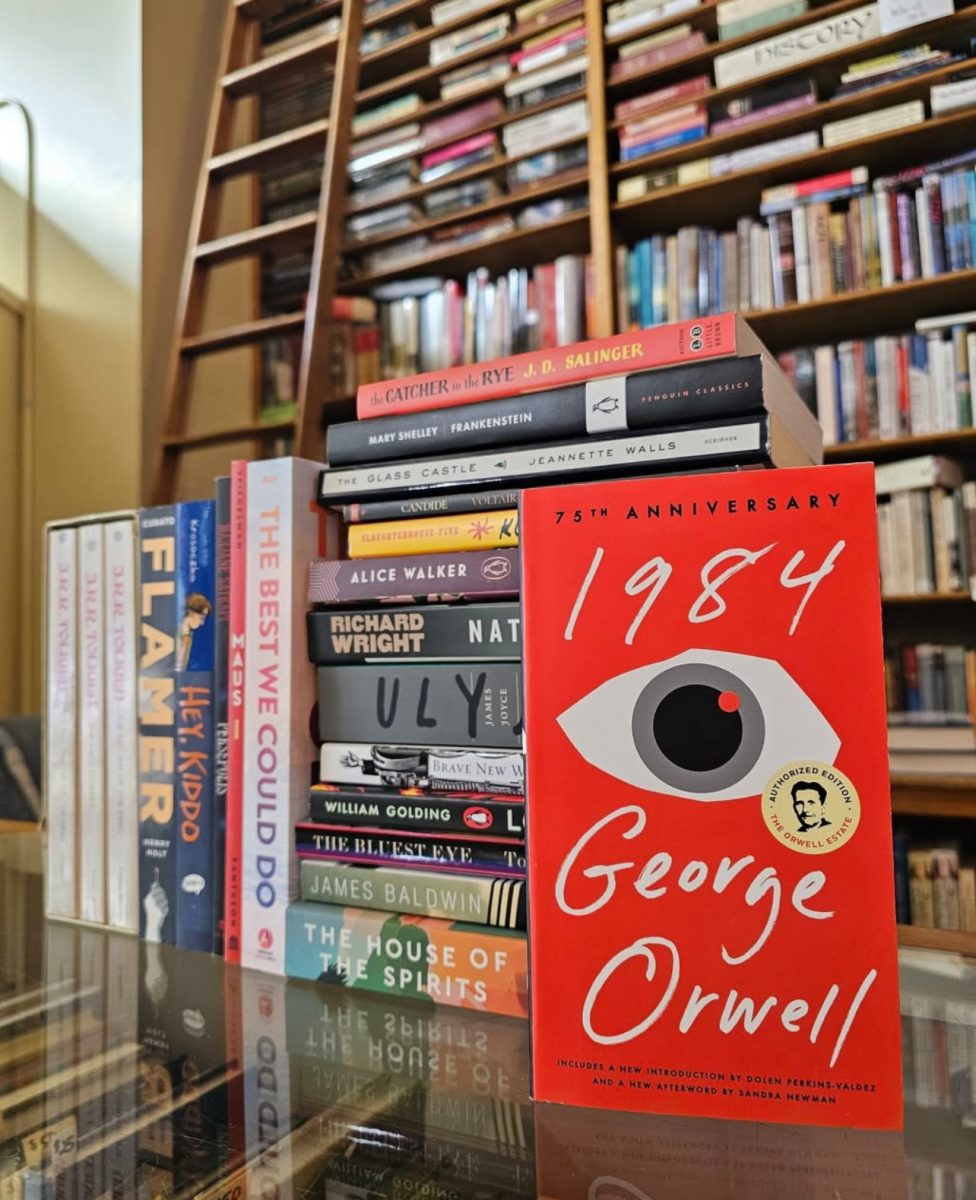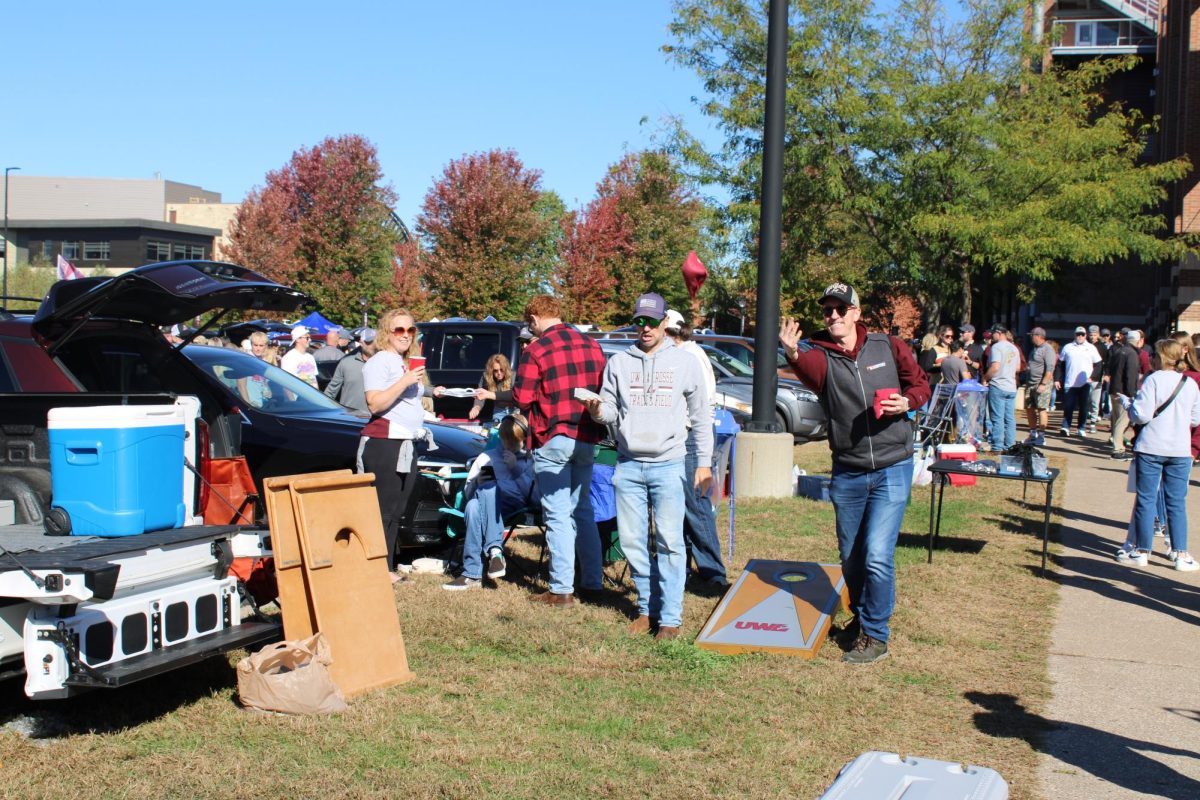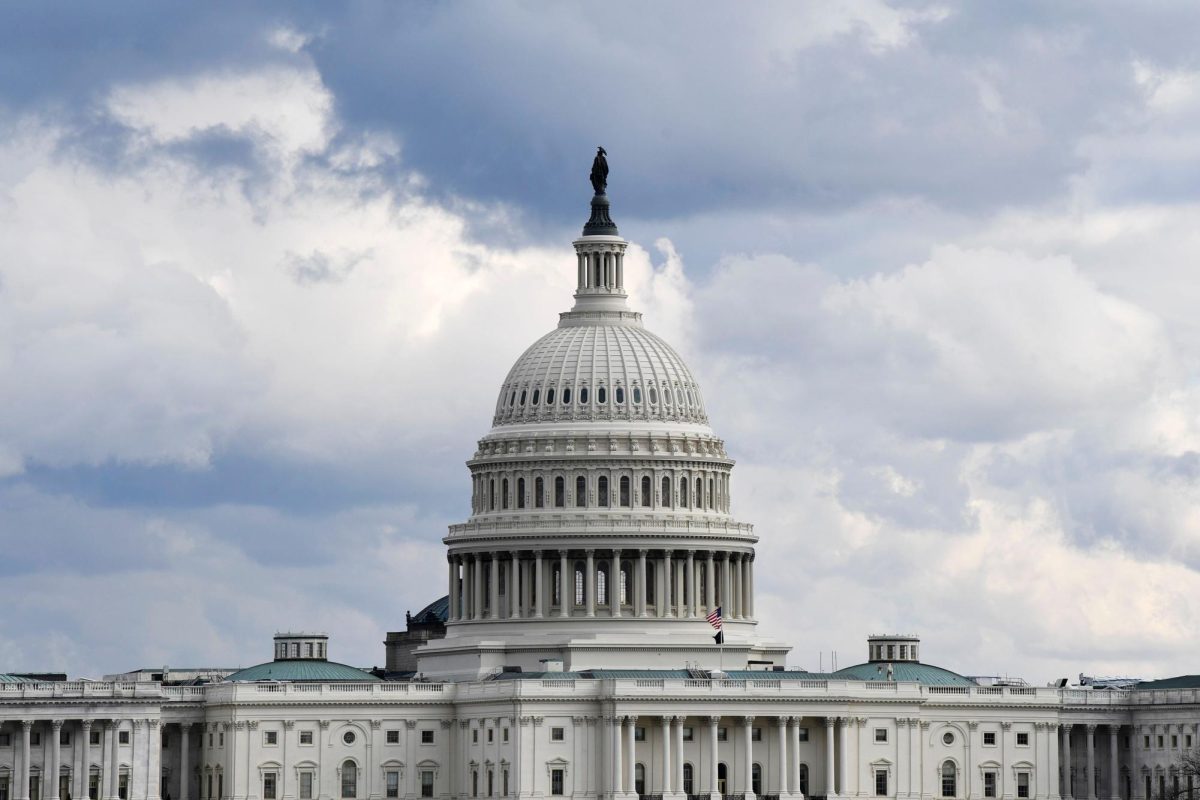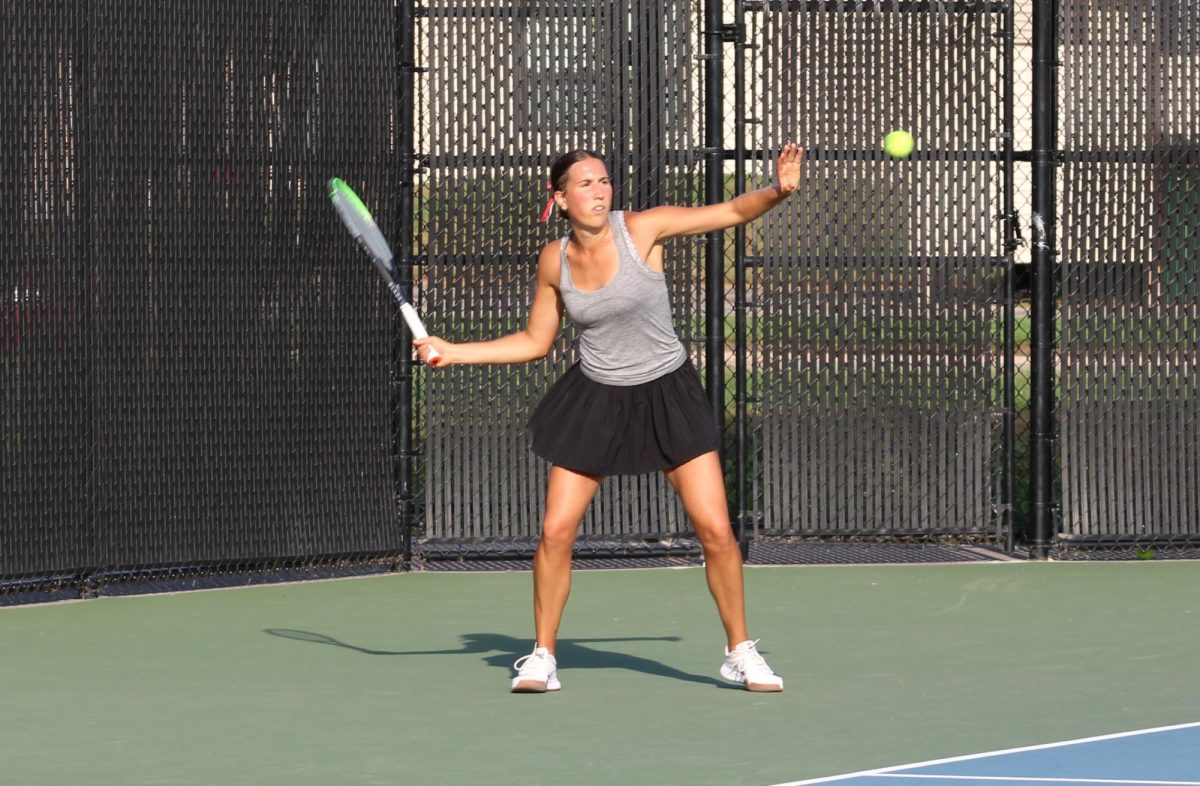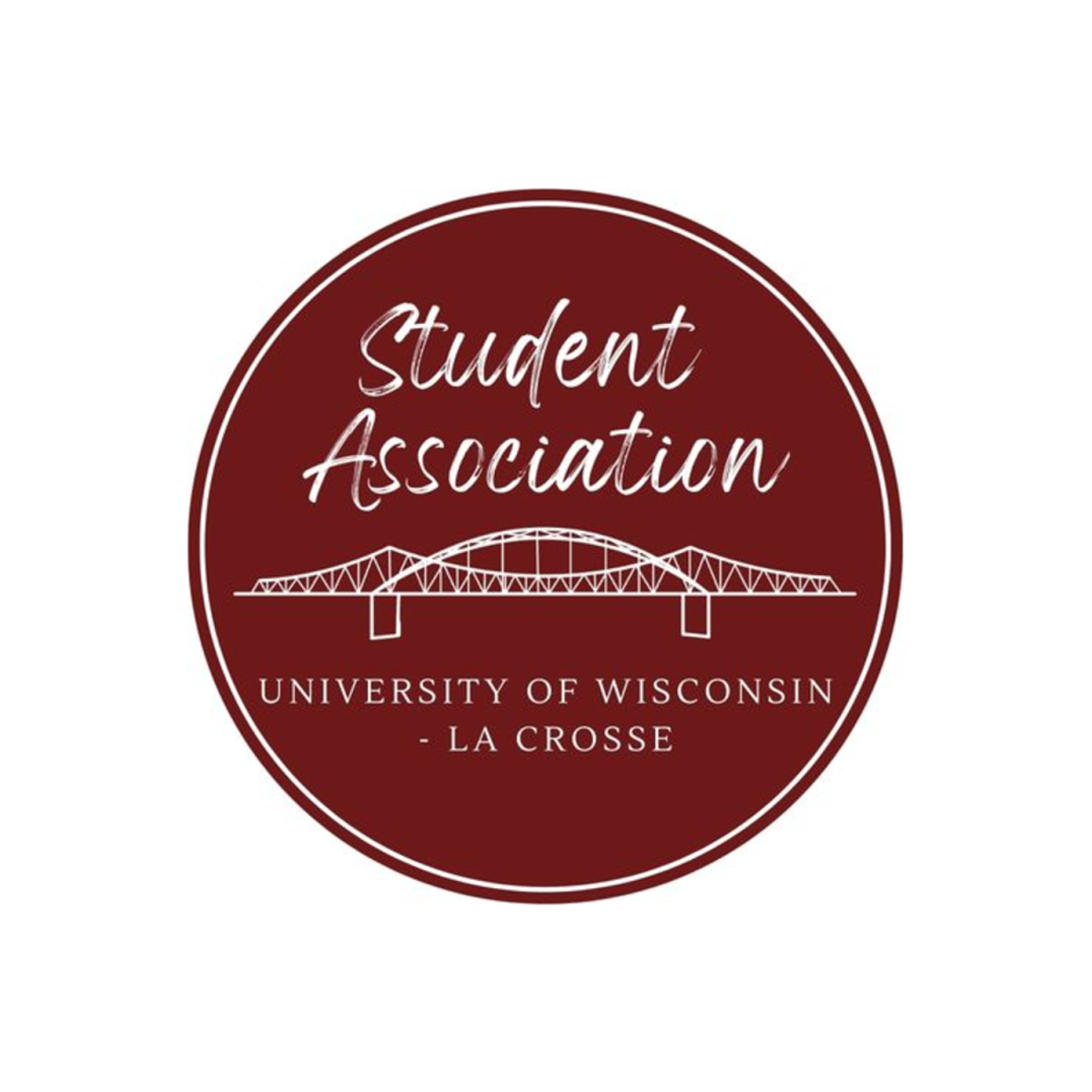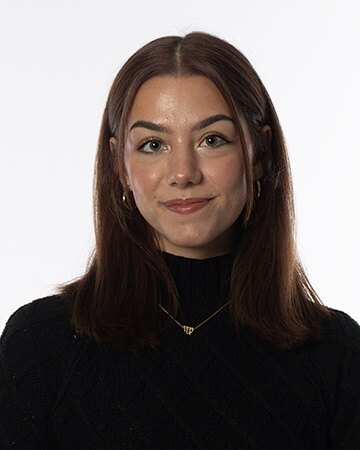During the Presidential election, billionaire Elon Musk spent over $277 million on Republican campaigns- namely President Donald Trump’s- through America PAC, his political action committee based on hard conservative values and Trump loyalty. Similarly, in the most expensive Supreme Court race in American history, Musk spent $20 million in his attempts to get Waukesha County Judge Brad Schimel elected as a justice on the Wisconsin Supreme Court.
The results of the April 1 election were well anticipated, as they stood to determine if the liberal majority in the Court would be maintained and, therefore, the future of abortion rights in the state and redistricting lines. By the evening of election day, it was announced that Dane County Judge Susan Crawford received the majority vote.
At 6:30 p.m. on Sunday, March 30, Musk held an America PAC-sponsored rally in Green Bay, Wisconsin, in support of Schimel.
Opposing the 1,000 event attendees, were at least 400 counter-protesters with signs that read remarks such as, “WI is not for sale” and “For Sale: Brad Schimel.”
Days prior, Musk posted on “X” that he would give a talk in Wisconsin where he would monetarily incentivise Wisconsin voters. He soon deleted the post.
He wrote, “Entrance is limited to those who have voted in the Supreme Court election. I will also personally hand over two checks for a million dollars each in appreciation for you taking the time to vote. This is super important.”
Musk later clarified that “entrance is limited to those who have signed the petition in opposition to activist judges.”
“I will also hand over checks for a million dollars to 2 people to be spokespersons for the petition,” he said.
Allegedly, the purpose of the $1 million handout was to garner attention for the election and emphasize the importance of conservative voters understanding what he believed to be at stake.
The winners, who were to be selected at random, were Nicholas Jacobs and Ekaterina Diestler.
Jacobs is a student at the University of Wisconsin-River Falls and the chair of the College Republicans of Wisconsin.
Diestler, a graphic designer, took to her X account on Monday to post a video expressing gratitude for the prize, but soon after Musk removed it from the platform. America PAC then posted the same video, but with one distinct portion edited out, the part where Diestler said voting helped earn her the money.
In the video, she said, “My name’s Ekaterina Diestler … I did exactly what Elon Musk told everyone to do: sign the petition, refer friends and family, vote, and now I have a million dollars.”
The petition in question was made weeks before the election through America PAC and required petitioners to be registered to vote. It asked them to reject “the actions of activist judges who impose their own views and [demand] a judiciary that respects its role—interpreting, not legislating.” Musk offered a reward of $100 to those who signed and shared the petition.
On Friday, March 28, another $1 million was awarded to Green Bay resident and Schimel campaign donor Scott Ainsworth after he signed the petition.
“If everyone in the MAGA movement shows up and votes for Brad Schimel, we will win,” he said in a video posted to X.
The state of Wisconsin has bribery statutes to prevent inducements to vote, but Musk’s directions for voters to sign a petition that aligns with the views he supports means it falls into a legal gray area. Musk’s swift deletions of any public posts that claim the money would be awarded to a voter suggests he is well aware of the legality of his strategy.
Chapter 12, Prohibited Election Practices, section 11 of Wisconsin State Statute states that anyone who “Offers, gives, lends or promises to give or lend … anything of value [that exceeds $1] … in order to induce any elector to: 1. Go to or refrain from going to the polls. 2. Vote or refrain from voting. 3. Vote or refrain from voting for or against a particular person” is in violation of the law.
This was not the first time he used a legal loophole to gain support for Republican candidates. During the Presidential election, Musk successfully offered millions to petitioners in swing states who were registered to vote and promised to uphold his values, which aligned with Trump.
Wisconsin Attorney General Josh Kaul filed a lawsuit on March 28 to block the payments, stating that they are a “blatant attempt to violate” anti-bribery laws. The Wisconsin Supreme Court refused to take the case.
Law professor at the University of Minnesota and former Bush Administration Ethics Chief Richard Painter shared his opinion: “His running these lotteries based on whether people vote or not, it’s illegal. And he’s got to cut that out.”

